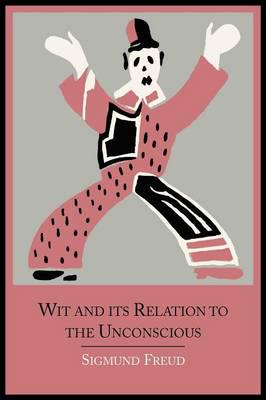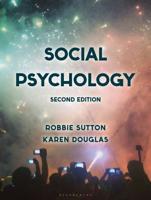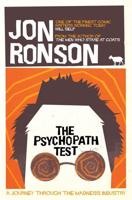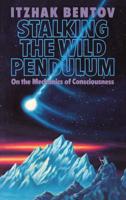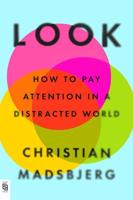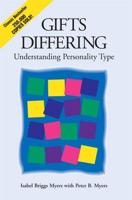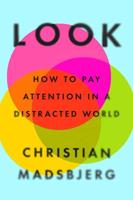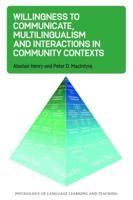Publisher's Synopsis
2012 Reprint of 1916 Edition. Exact facsimile of the original edition, not reproduced with Optical Recognition Software. In Freud's view, jokes (the verbal and interpersonal form of humor) happened when the conscious allowed the expression of thoughts that society usually suppressed or forbade. The superego allowed the ego to generate humor. A benevolent superego allowed a light and comforting type of humor, while a harsh superego created a biting and sarcastic type of humor. A very harsh superego suppressed humor altogether. Freud's humor theory, like most of his ideas, was based on a dynamic among id, ego, and super-ego. The commanding superego would impede the ego from seeking pleasure for the id, or to momentarily adapt itself to the demands of reality, a mature coping method. Moreover, Freud followed Herbert Spencer's ideas of energy being conserved, bottled up, and then released like so much steam venting to avoid an explosion. Freud was imagining psychic or emotional energy, and this idea is now thought of as the relief theory of laughter.


